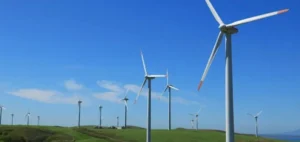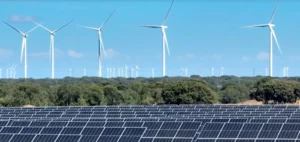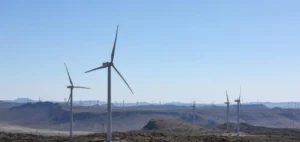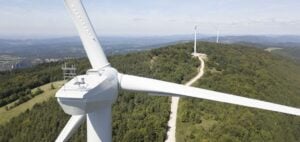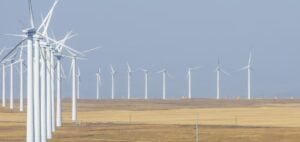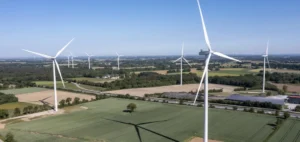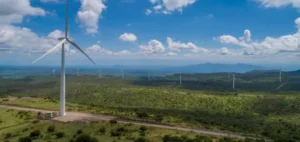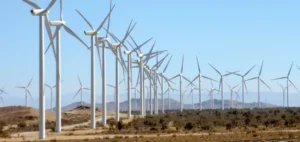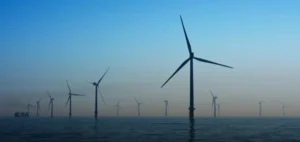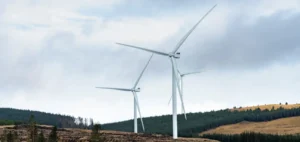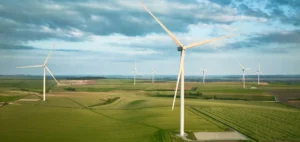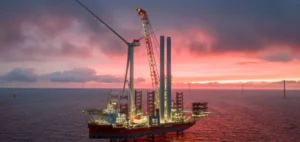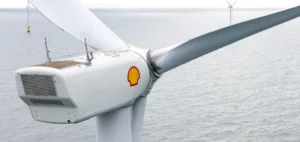Danish energy company Orsted has announced the resumption of construction on its Revolution Wind offshore wind farm off the U.S. coast, following a federal judge’s decision to lift a stop-work order issued by authorities in August. This development marks a turning point for the project located 24 kilometres off the coast of Rhode Island, which had remained in limbo for several weeks.
An advanced-stage project despite disruptions
According to publicly available information, the project was already 80% complete at the time of the suspension, with all offshore foundations installed and 45 of the planned 65 turbines in place. Revolution Wind is expected to generate enough electricity to supply around 350,000 households across Rhode Island and Connecticut.
The project, developed in joint venture with Skyborn Renewables, represents a financial commitment estimated at around $5bn (EUR4.7bn), according to U.S. court filings. If cancelled, the companies would have faced over $1bn (EUR940mn) in breakaway costs, reflecting the scale of the investments already made.
Legal background and political uncertainty
The stop-work order was issued on August 22 by the Bureau of Ocean Energy Management (BOEM), a federal agency, as part of a broader initiative by President Donald Trump’s administration to review or block several offshore wind developments. Despite this political opposition, this week’s court ruling allows construction to move forward, even as legal proceedings initiated by the government remain active.
Orsted’s teams immediately resumed operations at the offshore site, indicating their intention to maintain the original commissioning schedule. However, the company has not provided a revised completion date for the project, pending the outcome of the ongoing litigation.
Significant financial stakes for the companies involved
The financial importance of the project for Orsted and Skyborn Renewables extends beyond the direct capital expenditure. The supply chain mobilised for the project involves contracts with U.S. and international suppliers, many of which depend on the continuation of construction.
“The interruption would have had major economic consequences for the entire industrial ecosystem involved,” a legal representative of Orsted stated during the federal hearing. The ruling enables the company to preserve its contractual obligations while continuing the development of one of the largest ongoing offshore wind projects in the United States.



